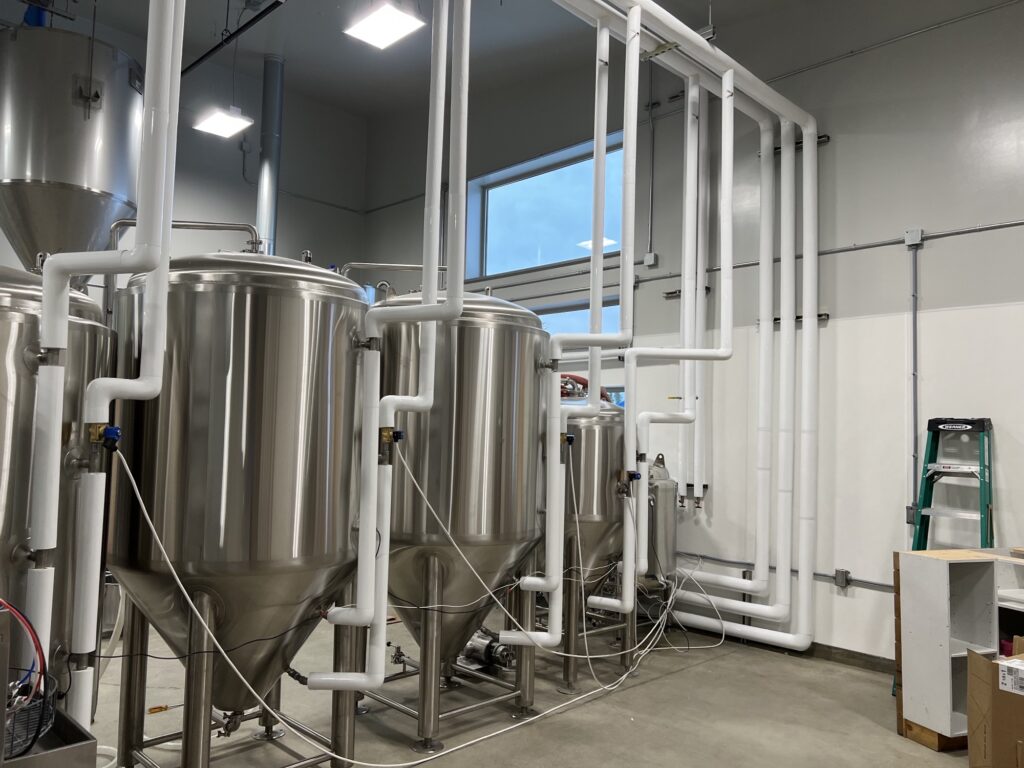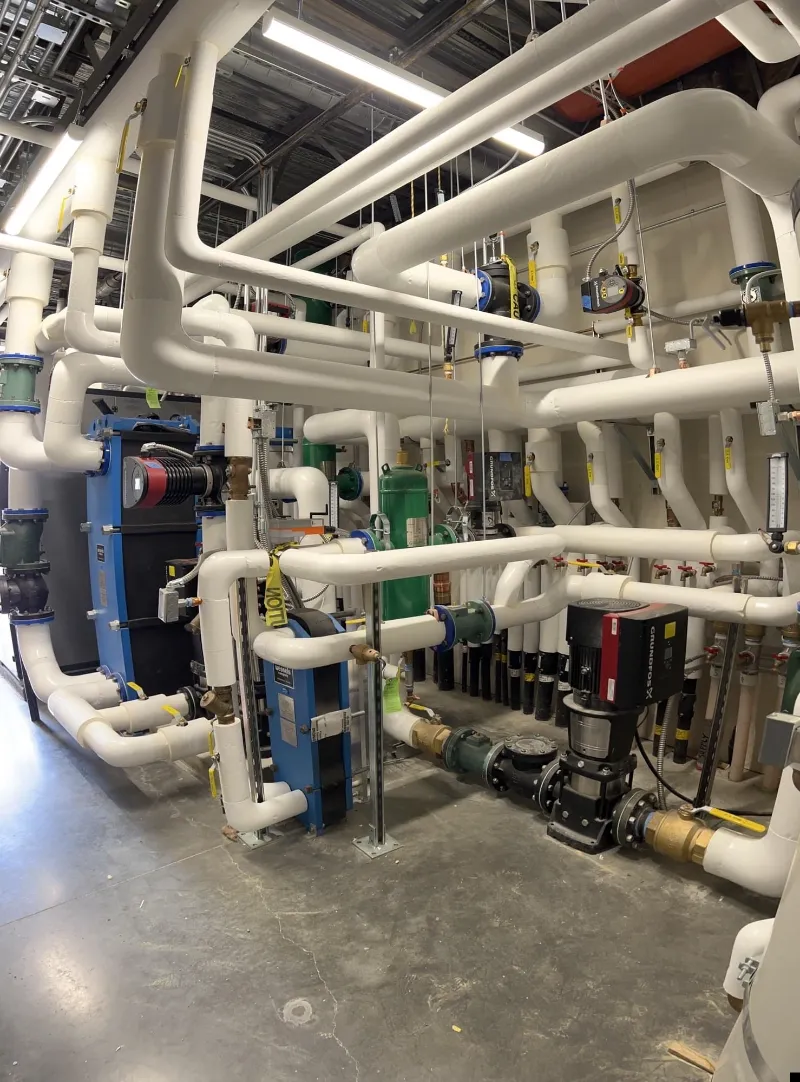
In industries such as oil and gas, food processing, and chemical manufacturing, tank insulation plays a critical role in ensuring optimal performance, energy efficiency, and longevity. Whether for storing hot or cold substances, insulating storage tanks is essential to prevent energy loss, maintain product integrity, and reduce operational costs.
1. Why Tank Insulation Is Essential
Proper insulation is crucial for tanks used in various industries to:
- Maintain Temperature Stability: Insulation helps regulate internal temperatures, ensuring stored materials remain within optimal ranges for efficiency and compliance.
- Prevent Energy Loss: Well-insulated tanks reduce heat transfer, minimizing energy consumption and associated costs.
- Protect Against Environmental Factors: Insulation shields tanks from extreme weather conditions, reducing the risk of freezing, overheating, and condensation.
- Extend Equipment Lifespan: Reducing temperature fluctuations and moisture buildup helps prevent corrosion and structural damage, enhancing tank durability.
2. Benefits of Tank Insulation
Investing in high-quality tank insulation provides multiple advantages, including:
- Energy Efficiency: Reduced heat loss results in lower energy consumption, contributing to sustainability goals.
- Product Quality Assurance: Insulated tanks help preserve product quality by maintaining consistent temperatures and preventing contamination.
- Regulatory Compliance: Many industries require insulation to meet safety and environmental regulations, such as ASHRAE and API standards.
- Lower Maintenance Costs: Insulation reduces wear and tear on tanks by mitigating the effects of thermal expansion and contraction.
3. Common Types of Tank Insulation Materials
Choosing the right insulation material is essential for achieving maximum efficiency and protection. Some commonly used materials include:
- Polyurethane Foam: Offers excellent thermal insulation with moisture resistance, ideal for outdoor tanks.
- Fiberglass Insulation: Lightweight and cost-effective, commonly used for heat retention and condensation control.
- Mineral Wool: Provides superior fire resistance and thermal control, suitable for high-temperature applications.
- Reflective Insulation: Reduces radiant heat transfer, particularly useful in extreme weather conditions.
4. Industries That Rely on Tank Insulation
Tank insulation is vital for a wide range of industries, including:
- Oil & Gas: Prevents heat loss in storage tanks and pipelines, ensuring optimal processing temperatures.
- Food & Beverage: Maintains temperature control for perishable goods and liquids.
- Chemical Processing: Ensures safe storage of temperature-sensitive chemicals and materials.
- Water Treatment: Protects storage tanks from freezing and overheating, ensuring operational efficiency.
5. How Tank Insulation Supports Sustainability Goals
With rising energy costs and environmental concerns, tank insulation contributes to sustainability efforts by:
- Lowering carbon emissions through reduced energy consumption
- Enhancing operational efficiency to support eco-friendly initiatives
- Contributing to green certifications such as LEED and Energy Star
6. Choosing the Right Insulation Solution
To maximize the benefits of tank insulation, it’s crucial to work with experienced professionals who understand the specific needs of your industry and storage requirements. Factors to consider include:
- Tank size and shape
- Operating temperature ranges
- Environmental exposure (indoor vs. outdoor tanks)
- Regulatory compliance requirements
Conclusion
Tank insulation is an essential investment for businesses looking to improve energy efficiency, protect valuable products, and reduce operational costs. Whether you’re in the oil and gas, food processing, or water treatment industry, proper insulation ensures long-term benefits and compliance with industry standards.
At Northern Insulation, we specialize in providing high-quality tank insulation solutions tailored to your specific needs. Contact us today to discuss how our expert services can help enhance the efficiency and durability of your storage tanks.
